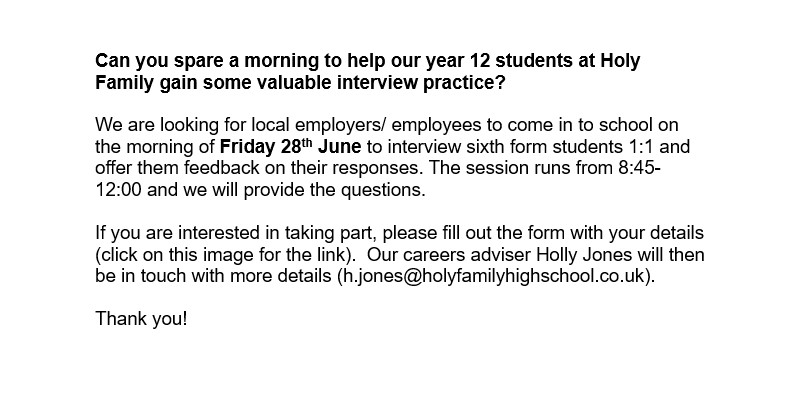Event Operations
The WJEC Level 1/2 Vocational Award in Event Operations is made up of three mandatory units. Learners must complete all three units.
Students will learn how organisations operate and what they have to take into account to be successful. There is the opportunity to learn about issues related to health and safety, finance and customer service. This understanding is transferable to lots of other industries. In this qualification, students will also have the opportunity to develop skills such as administration, communication and planning as well as transferable skills of problem-solving, organisation and time management.
Unit 1
This unit will provide an introduction to the events industry and what factors need to be considered when planning events.
Through this unit learners will learn about the types of events and the types of organisations that can help to plan and run them. You will learn about the principles of event planning and regulatory requirements including licences and permissions. There are a number of factors that can affect the success of an event. You will learn about these factors and how to put contingencies in place so they don’t have a negative effect. Organisation of events is the key to success, so you will also learn how to calculate event payments and process administration.
This unit is assessed through a 90-minute on-screen external examination which contributes 40% of your final grade.
Unit 2
This unit teaches learners to use their knowledge and understanding of the principles of event operations to review the success of events. What makes a successful event? What types of events could we run? How do you know if all team members are pulling their weight? How should we collect customer feedback? What’s the best way of evaluating an event? What are people attending an event looking for? How do I make my event a success? I get stressed if I have to deal with problems; will there be people to help me?
In this unit you will learn about the role of team working and communication in effective event operations. You will learn about the importance of customer service and how you can ensure an event operates in a way that meets customer needs. You will also learn about how to evaluate the success of an event by judging it against success indicators. You will learn how to evaluate your own and others performance and develop the skill of providing constructive feedback.
This unit is assessed through a set task that is undertaken in exam conditions and contributes 30% of your final grade.
Unit 3
Requires learners to draw on their knowledge and understanding of the events industry and factors affecting the success of events to propose a plan for an event to meet specific needs.
What has to be done when planning an event? How far in advance of an event should planning start? What can I do to make sure everything goes well? How do event organisers make sure they have enough of the right people at their events? How do companies win tenders for events? How many proposals do wedding planners give prospective clients? How do you know if an event is a success? How do you know what customers want from an event?
In this unit you will build on what you have learned about the events industry and event operations to reflect on how it should be incorporated into event planning. You will develop research skills so that you can investigate customer needs and expectations. You will learn to use the results of your investigation to plan an event on behalf of an organisation.
This unit is assessed through a set task that is undertaken in exam conditions and contributes 30% of your final grade.
Event Operations has been designed to support learners in schools and colleges who want to learn about this vocational sector and the potential it can offer them for their careers or further study. This further study would provide learners with the opportunity to develop a range of specialist and general skills that would support their progression to employment. Employment in events management can range from administration, crowd control, event sales, event branding, exhibition organisation and communications.

